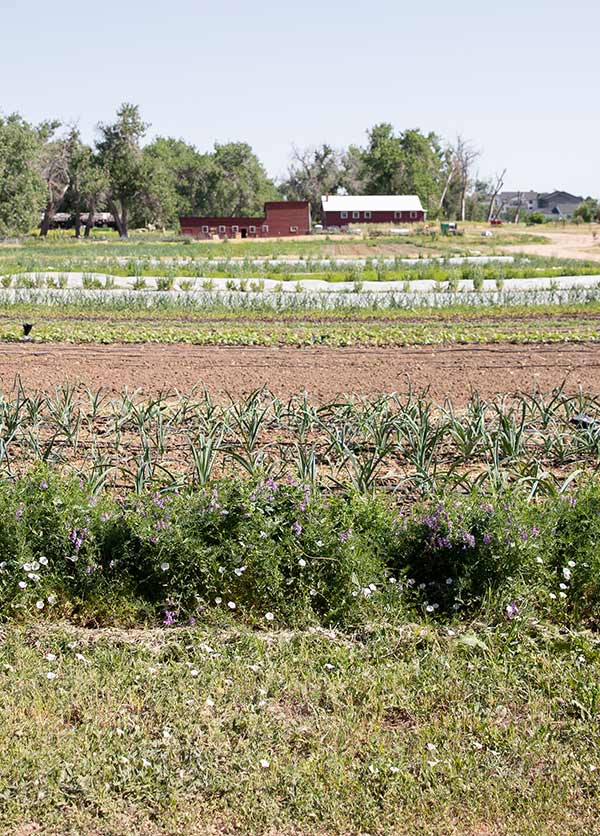
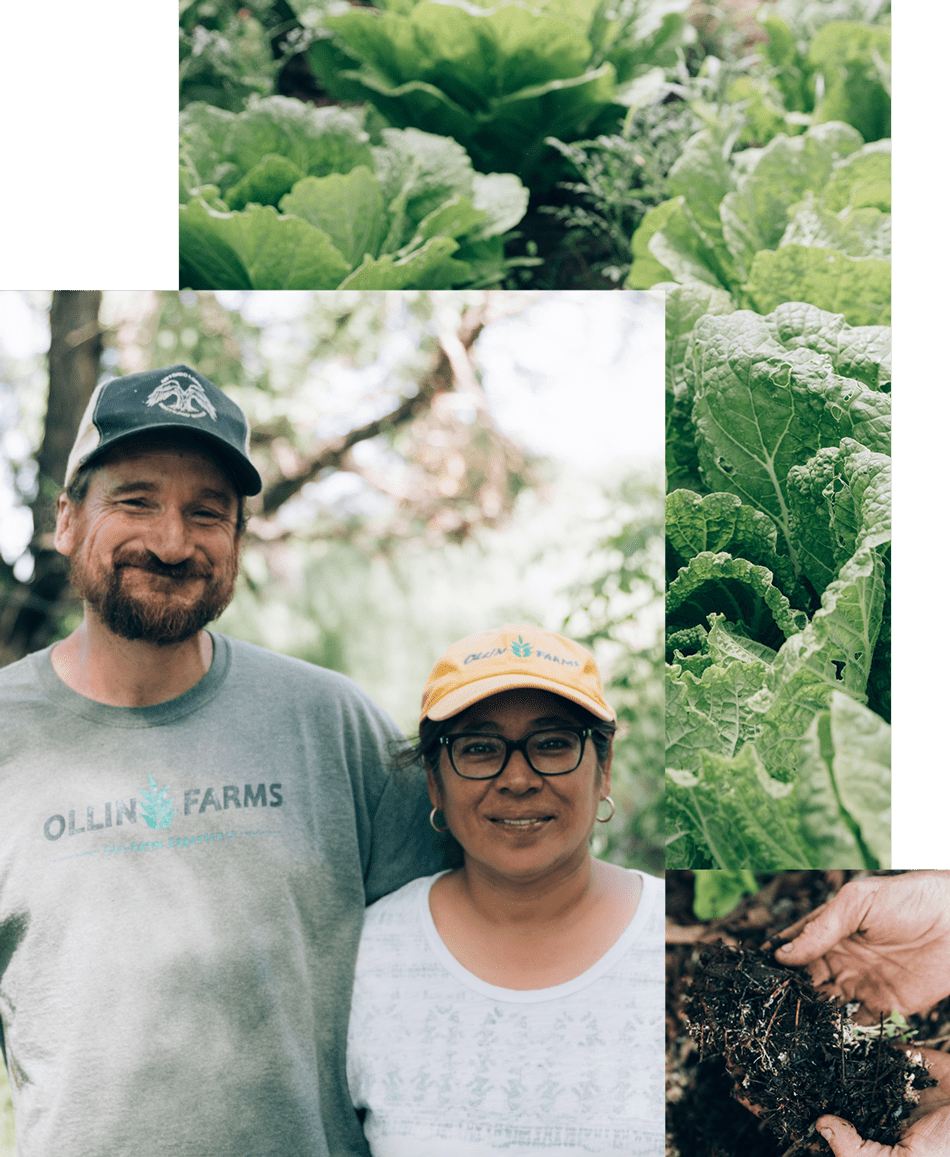
MEET A FARMER
KENA & MARK GUTTRIDGE
As the Guttridge’s share, “The Aztec civilization is a model for sustainable agriculture. Back when organic farming was the only option, the Aztecs found ways to efficiently farm difficult locations and were able to feed huge populations by developing clever distribution systems to quickly get food from the farmer to the consumer.”
Kena and Mark integrate adaptation throughout their entire ecosystem; they established their farm to withstand the transformation of climate change, consumer change, and they work endlessly on their educational programs to foster generational change. “Sustainability to us is creating regenerative systems that can withstand long term change.”
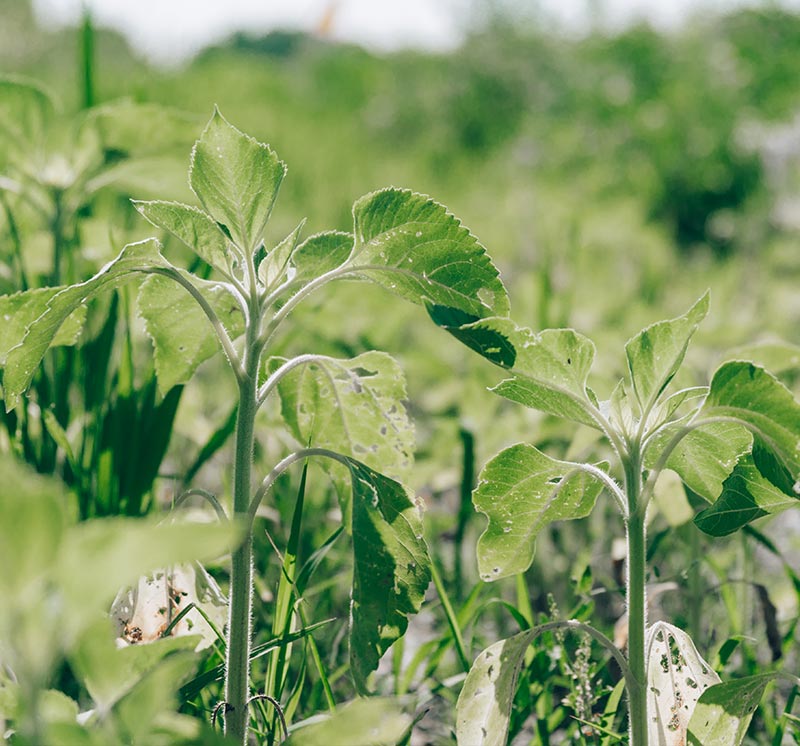
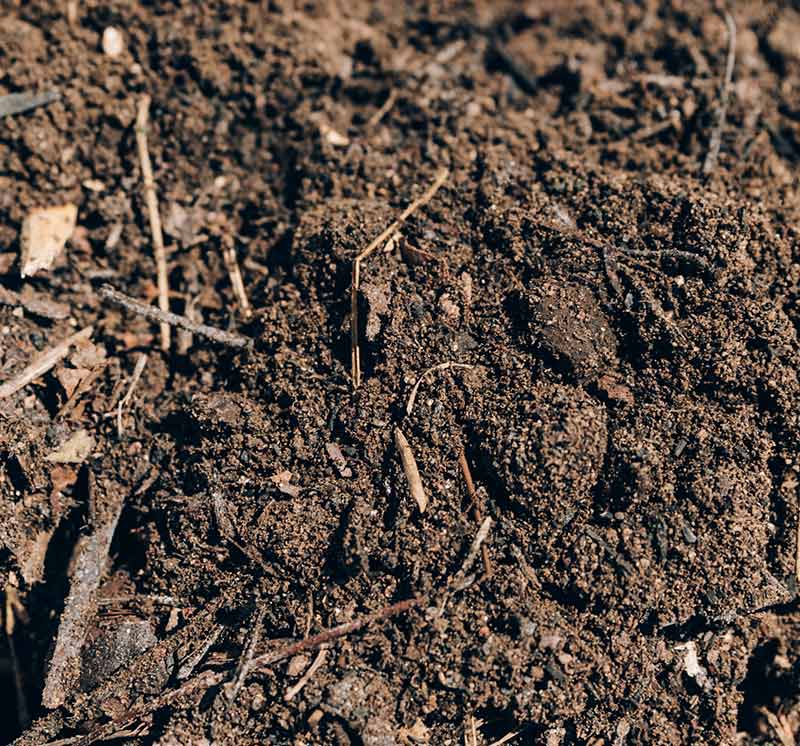
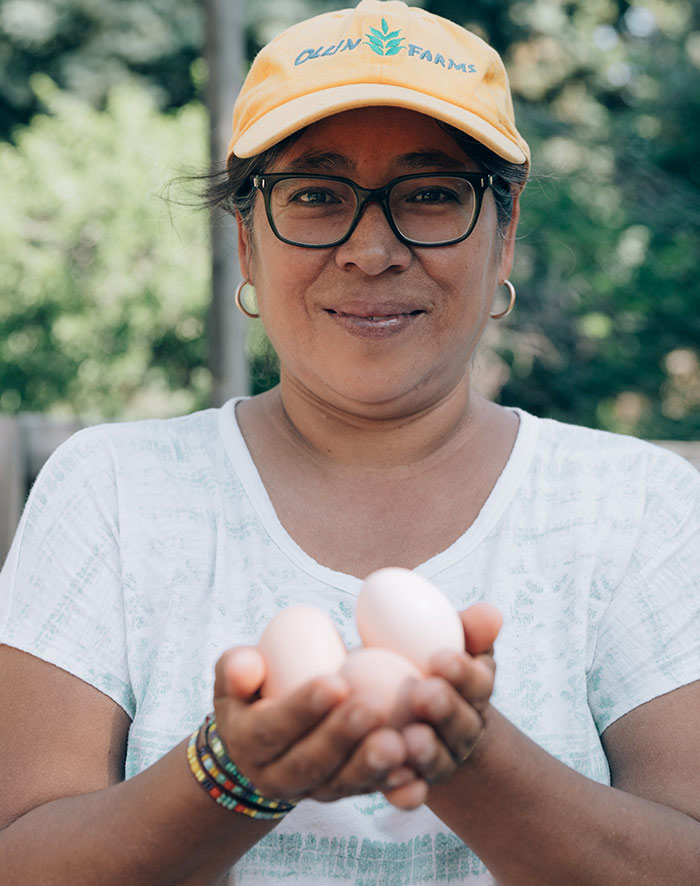
“There is community supported agriculture and then there is agricultural supported community. One of our missions is to see how agriculture can truly empower the people around it,” says Mark.
Kena and Mark’s journey to Ollin Farms is one born of transition. When Mark’s grandmother needed full-time care, there was no question that Mark and Kena would move to the farm. Soon after, they found their connection and ancestry with the land.
Ollin Farms concentrates on bringing indigenous and ancestral land cultivation practices while creating long-term regenerative food systems. They practice perennial planting, creek restoration, pollinator habitat establishment, and implement climate change-resistant crops such as tall grasses and native perennial plants.
People talk about sustainability and regenerative farming as something new, but this is the farming of the past. This is how my ancestors farmed and how the original peoples of America farmed. The Mayans, the Aztecs, and the Mixtecos were all doing it. We are simply returning to our roots.
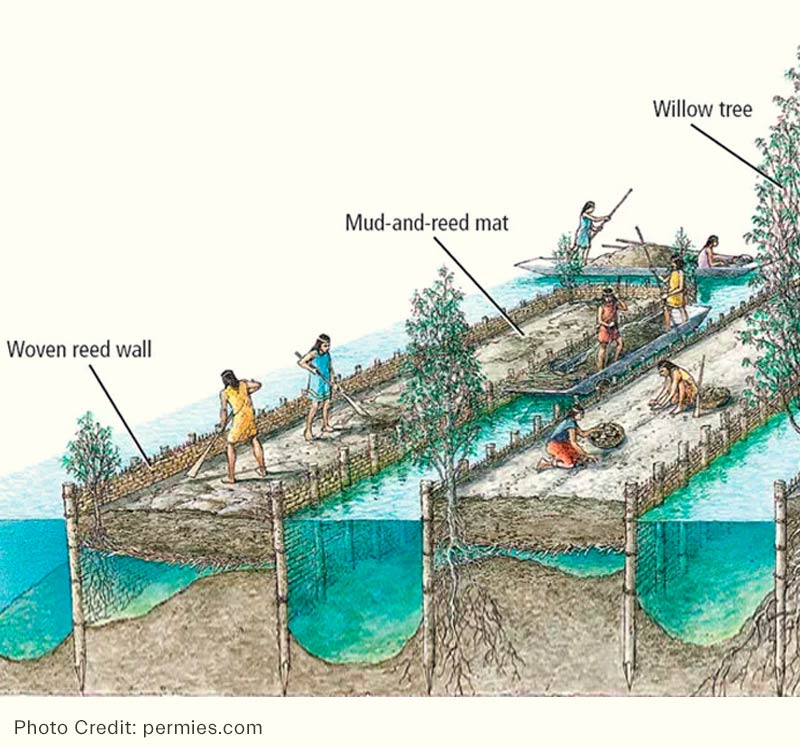
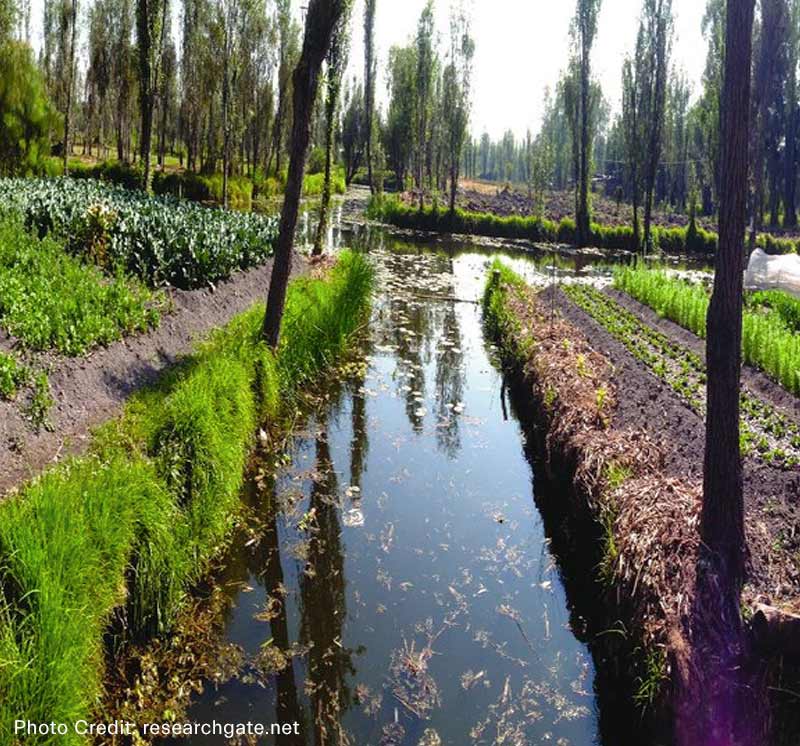
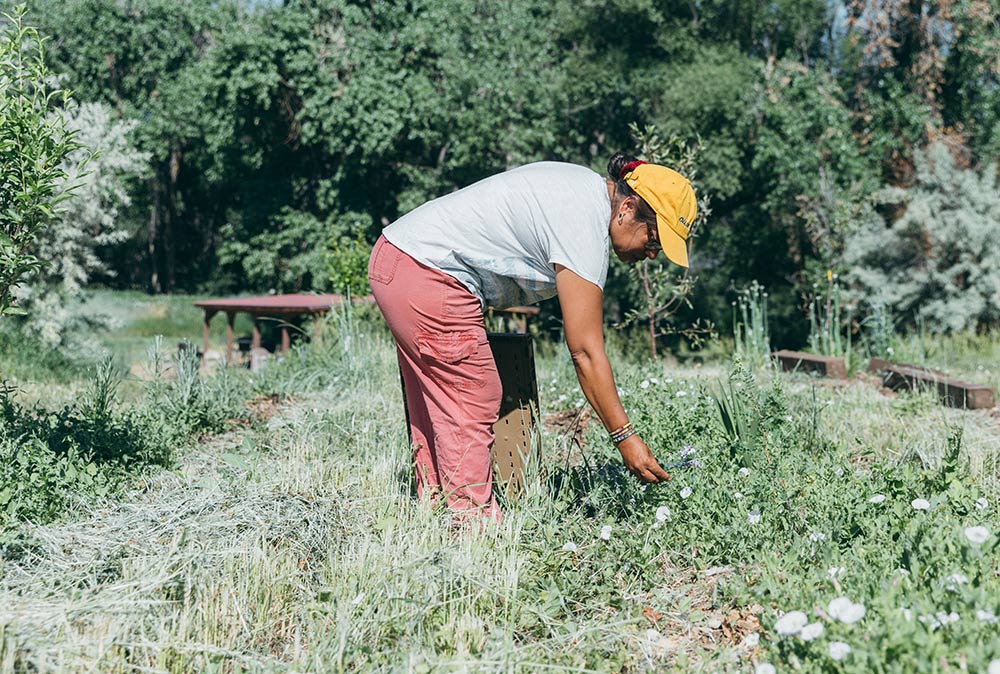
When it rains, it pours, and an unexpected 10-inch rainstorm flooded the creek at the base of the farm, nearly reaching the roof of one of their pavilions.” We did not know what to do. We thought about the farm, our animals, our home, and felt completely hopeless.” Within hours of the rainstorm, the community surrounding Ollin Farms gathered with buckets, shovels, and a determination to save the farm.” I remember turning around and seeing all of our community supporting us through this crisis, their willingness brings me to tears to this day.” Mark and Kena learned the importance and value of community support firsthand, and they continue to find hope within its trials and tribulations through the nurtured support of its community members.
COVID-19 was another growth point for Ollin Farms. With the global pandemic revealing how fragile the U.S. food system is, Ollin Farms felt empowered to provide fresh produce for the community. “Last year, you would enter the grocery store, and the food aisles were completely empty. The community turned to us and supported us as we supported them.” Community support is an integral aspect of Ollin Farms’ ethos and ecosystem. “One of our biggest lessons from the past 15 years is that there is power in the people. Every time we experienced severe challenges and didn’t know what to do, we looked back and saw our students, neighbors, and community supporting us. Just as nature has its symbiotic relationships, so does the farm and its community.”
These symbiotic relationships can be understood through the term reciprocity: the practice of exchanging things with others for mutual benefit. Kena knew that beyond providing food, she could offer a great service to the community that supported her – educating the youth. With a background in education and teaching, Kena decided to lead educational programs and help the next generation connect to mother earth.
Kena and Mark strive to make farming accessible to the community. In addition to their youth education programs, they have annual farming-focused festivals. These educational festivals revolve around earth regeneration; whether it’s their infamous bee festival or their carbon sequestration festival, these events gather the community to learn how to become conscious stewards and consumers.
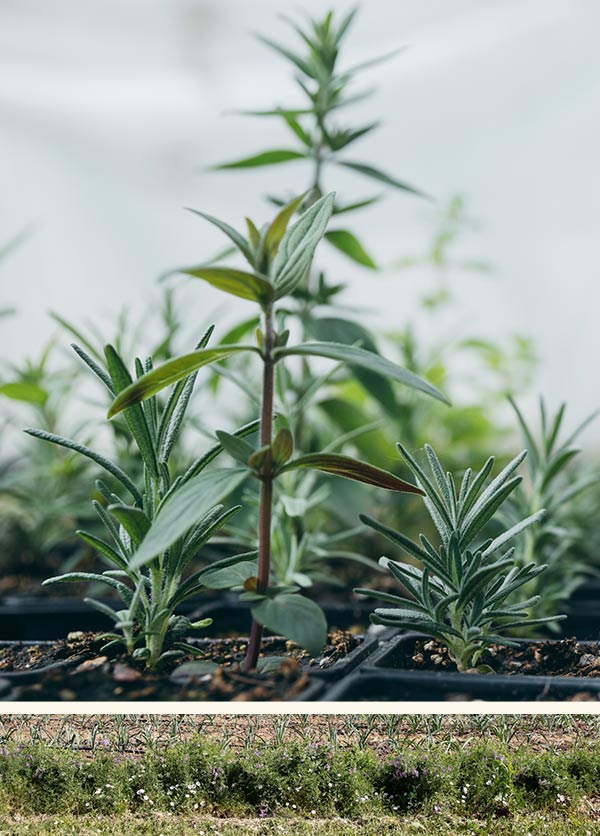
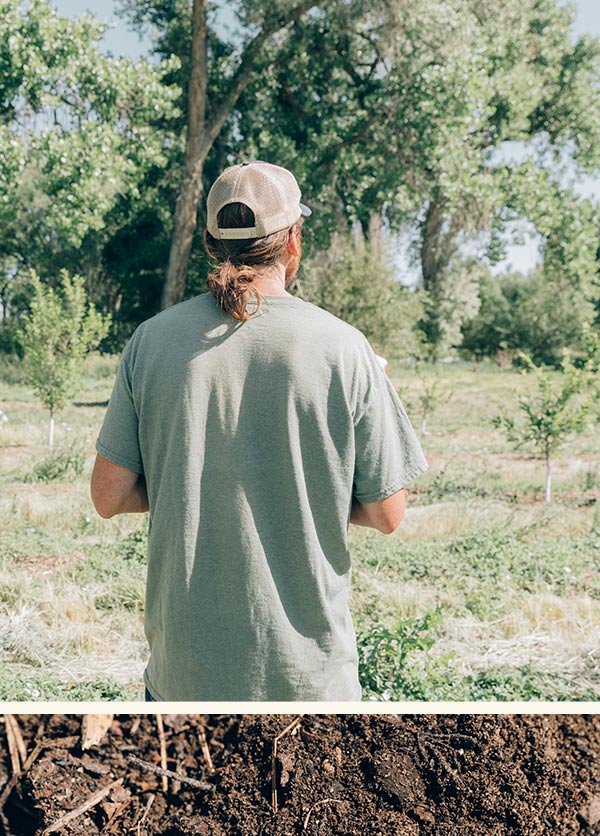
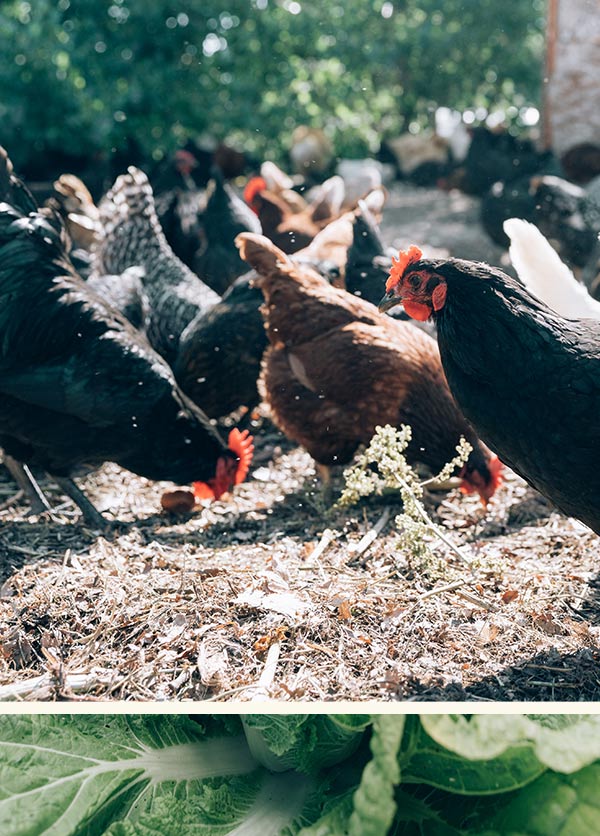
When looking at the future of Ollin Farms, Kena and Mark strive to refine their current regenerative systems and move toward stewarding public land. Their most recent endeavor is Project 95. In 2020, Ollin Farms began leasing an additional 135-acres of Boulder County Open Space. They acquired the property in need of restoration with irrigation ditches needing repair, large amounts of weed pressure, and soils showing signs of degradation. They’ve partnered with Boulder County, Natural Resources Conservation Service, local universities, and community volunteers to regenerate the earth and bring vitality back to the land. “We believe in order for more conservation practices being implemented on public lands, we need a collaborative approach of skill and resource sharing between farmers and the community, a grass-roots approach to having a positive impact on our local ecosystems.” 2021 Project 95 goals include planting 2,000 perennial shrubs, 300 fruit trees, on-farm compost trials, partnering with young farmers on rotational grazing, and experimenting with more pollinator-friendly cover crops. Ollin farms have also partnered with local Universities for soil testing, nutritional density studies, and water retention rates to create a model for other farms.
Mark and Kena believe that the future of farming is collaborative. It will take the contribution of policymakers, farmers, universities, and the community to create incentives and a cultural shift towards a regenerative food system.
“We are finally at a place where citizens don’t want cheap calories, but want to rebuild ecosystems. This will take policy, education, consumer change, and a new generation of farmers to shift the cultural narrative of where our food comes from.”
Just like the name Ollin, the future of food is in constant motion.
it is music.
We are Ollin,
our stories are Ollin,
and the way we listen to the land is Ollin.
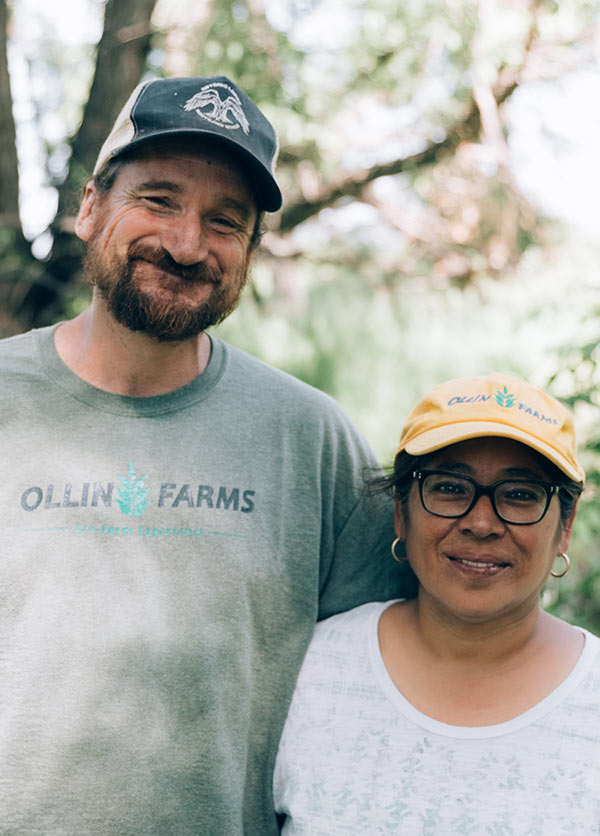
Support
KENA & MARK GUTTRIDGE
& Their Efforts:
Donate:
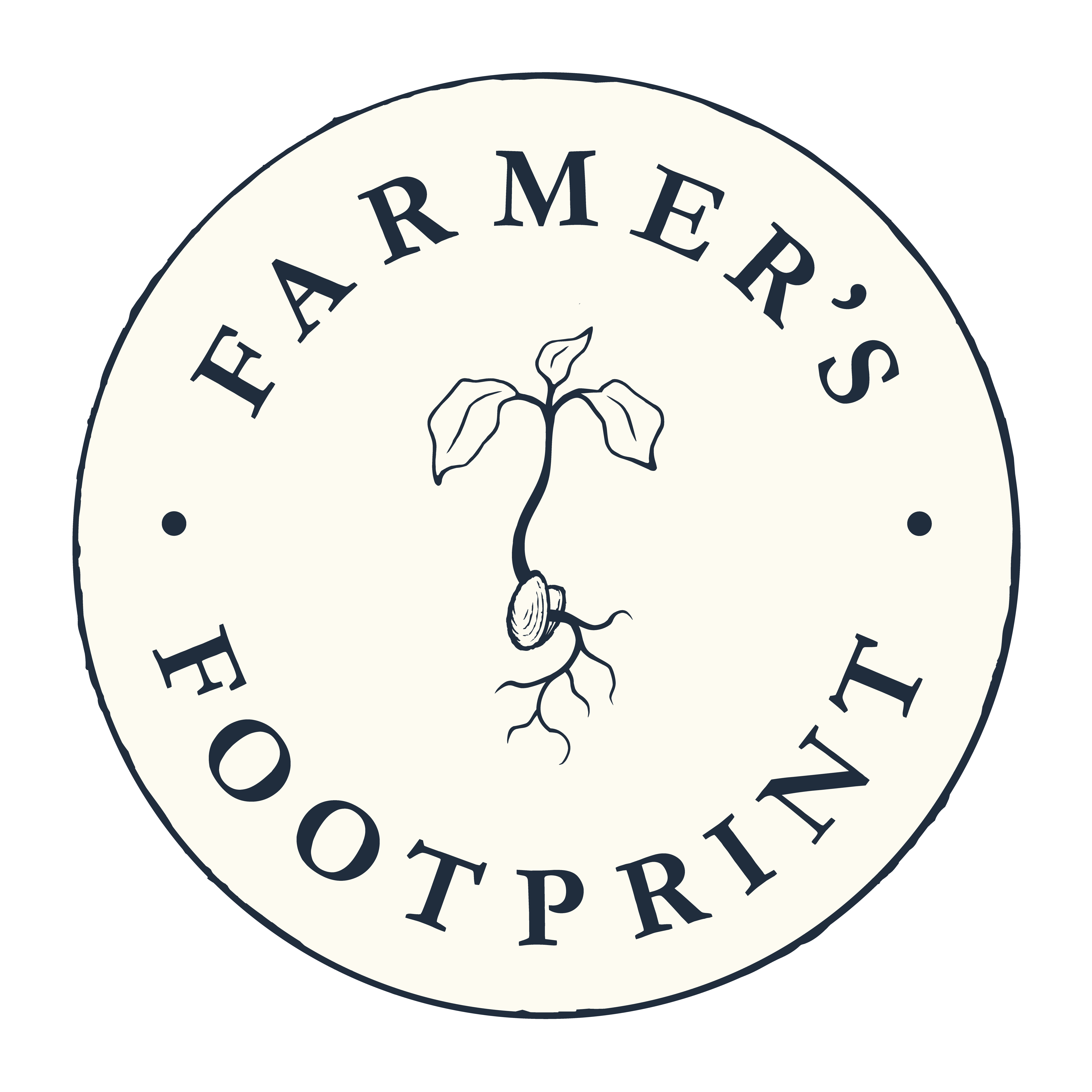
Empowered
Storytelling
*This story represents one of millions of varied walks of farming lives and does not reflect every farmer’s journey or regenerative agriculture in its entirety.
This feature was written by Maya Harrison, contributing member of the Farmer’s Footprint Writer’s Circle.
Video and photography by Leia Marasovich.
